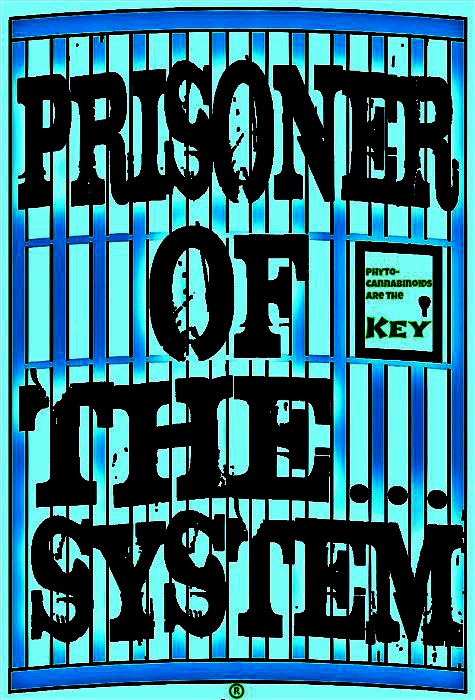1998 Sep 25;436(1):6-10.
Delta9-tetrahydrocannabinol induces apoptosis in C6 glioma cells.
Abstract
 delta9-Tetrahydrocannabinol (THC), the major active component of marijuana, induced apoptosis in C6.9 glioma cells, as determined by DNA fragmentation and loss of plasma membrane asymmetry. THC stimulated sphingomyelin hydrolysis in C6.9 glioma cells. THC and N-acetylsphingosine, a cell-permeable ceramide analog, induced apoptosis in several transformed neural cells but not in primary astrocytes or neurons. Although glioma C6.9 cells expressed the CBI cannabinoid receptor, neither THC-induced apoptosis nor THC-induced sphingomyelin breakdown were prevented by SR141716, a specific antagonist of that receptor. Results thus show that THC-induced apoptosis in glioma C6.9 cells may rely on a CBI receptor-independent stimulation of sphingomyelin breakdown.
delta9-Tetrahydrocannabinol (THC), the major active component of marijuana, induced apoptosis in C6.9 glioma cells, as determined by DNA fragmentation and loss of plasma membrane asymmetry. THC stimulated sphingomyelin hydrolysis in C6.9 glioma cells. THC and N-acetylsphingosine, a cell-permeable ceramide analog, induced apoptosis in several transformed neural cells but not in primary astrocytes or neurons. Although glioma C6.9 cells expressed the CBI cannabinoid receptor, neither THC-induced apoptosis nor THC-induced sphingomyelin breakdown were prevented by SR141716, a specific antagonist of that receptor. Results thus show that THC-induced apoptosis in glioma C6.9 cells may rely on a CBI receptor-independent stimulation of sphingomyelin breakdown.
- PMID:
- 9771884
- [PubMed – indexed for MEDLINE]
-
Publication Types, MeSH Terms, Substances
Publication Types
MeSH Terms
- Animals
- Apoptosis/drug effects*
- Astrocytes/drug effects
- Cell Line, Transformed
- Dronabinol/pharmacology*
- Glioma/drug therapy*
- Glioma/pathology
- Hydrolysis
- Neurons/drug effects
- Piperidines/pharmacology
- Pyrazoles/pharmacology
- Rats
- Receptors, Cannabinoid
- Receptors, Drug/antagonists & inhibitors
- Receptors, Drug/drug effects*
- Receptors, Drug/metabolism
- Sphingomyelins/metabolism*
- Tumor Cells, Cultured
Substances
LinkOut – more resources
Full Text Sources
Other Literature Sources
Miscellaneous


